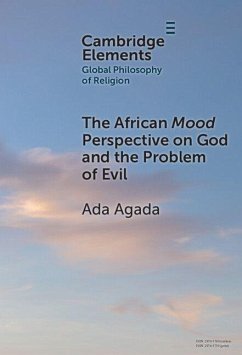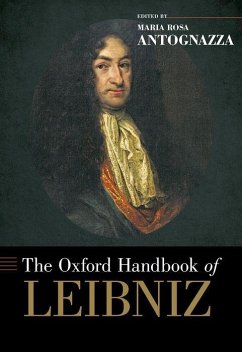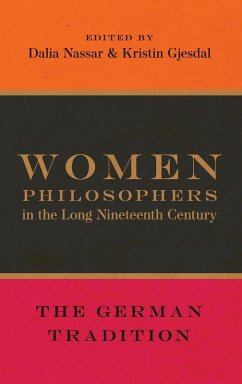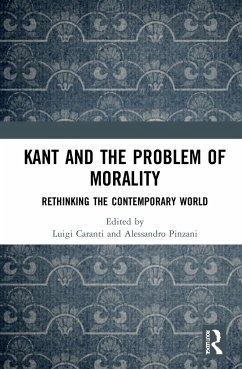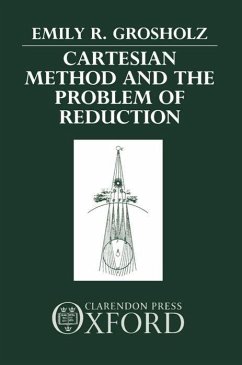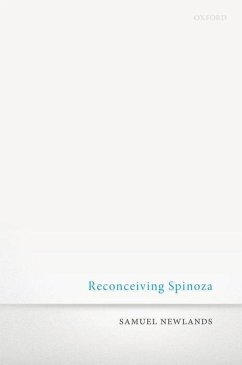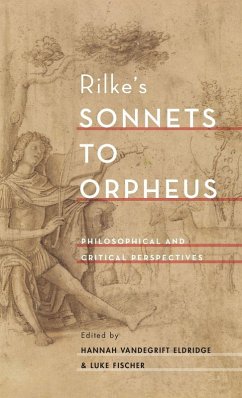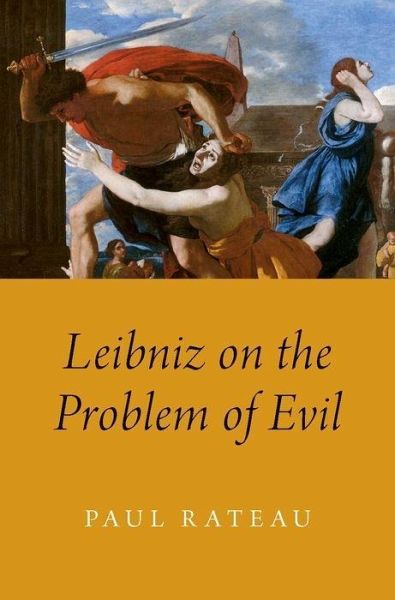
LEIBNIZ ON THE PROBLEM OF EVIL C
Versandkostenfrei!
Versandfertig in 1-2 Wochen
124,99 €
inkl. MwSt.

PAYBACK Punkte
62 °P sammeln!
Rateau's clear mastery of the context and content of Leibniz's theodical project, from its origins to its final form, is worthy of the universal genius himslef. -- Kristen Irwin, The Leibniz Review This scholarly work on Leibniz demonstrates Rateau's erudition and thorough mastery of Leibniz's published oeuvre and relevant secondary literature (collected in a useful bibliography and in chapter endnotes). The book is extremely readable, so it has much to offer nonspecialists interested in the problem of evil. Highly recommended. Upper-division undergraduates and above. -- M. Latzer, Gannon Univ...
Rateau's clear mastery of the context and content of Leibniz's theodical project, from its origins to its final form, is worthy of the universal genius himslef. -- Kristen Irwin, The Leibniz Review This scholarly work on Leibniz demonstrates Rateau's erudition and thorough mastery of Leibniz's published oeuvre and relevant secondary literature (collected in a useful bibliography and in chapter endnotes). The book is extremely readable, so it has much to offer nonspecialists interested in the problem of evil. Highly recommended. Upper-division undergraduates and above. -- M. Latzer, Gannon University, CHOICE





